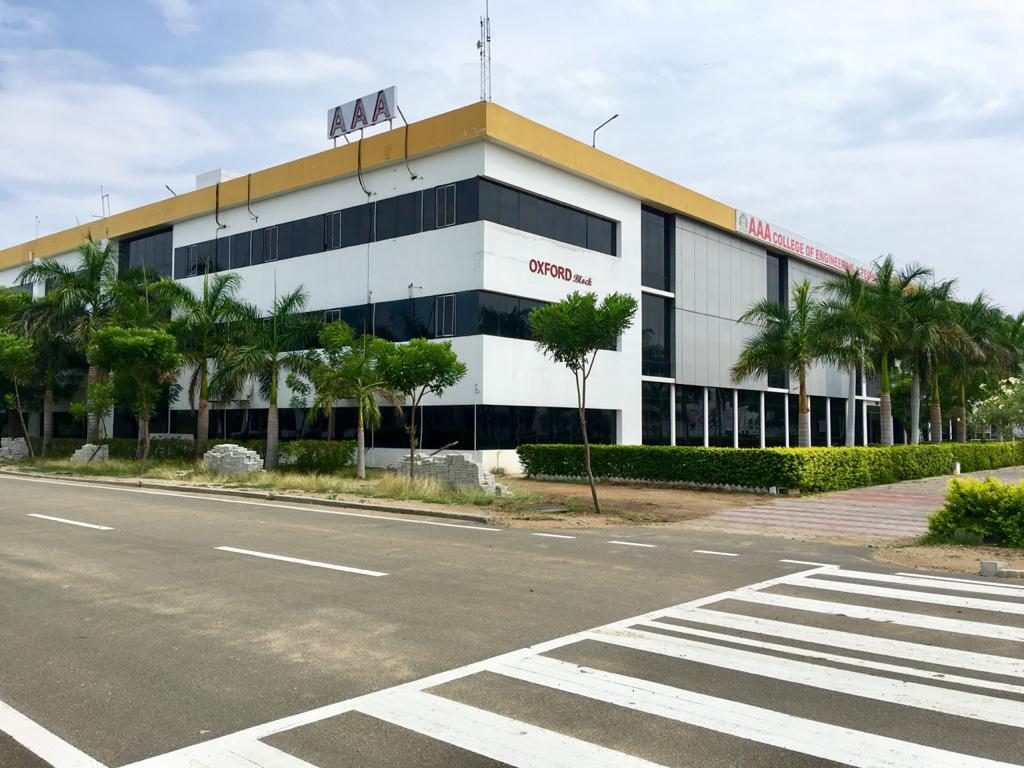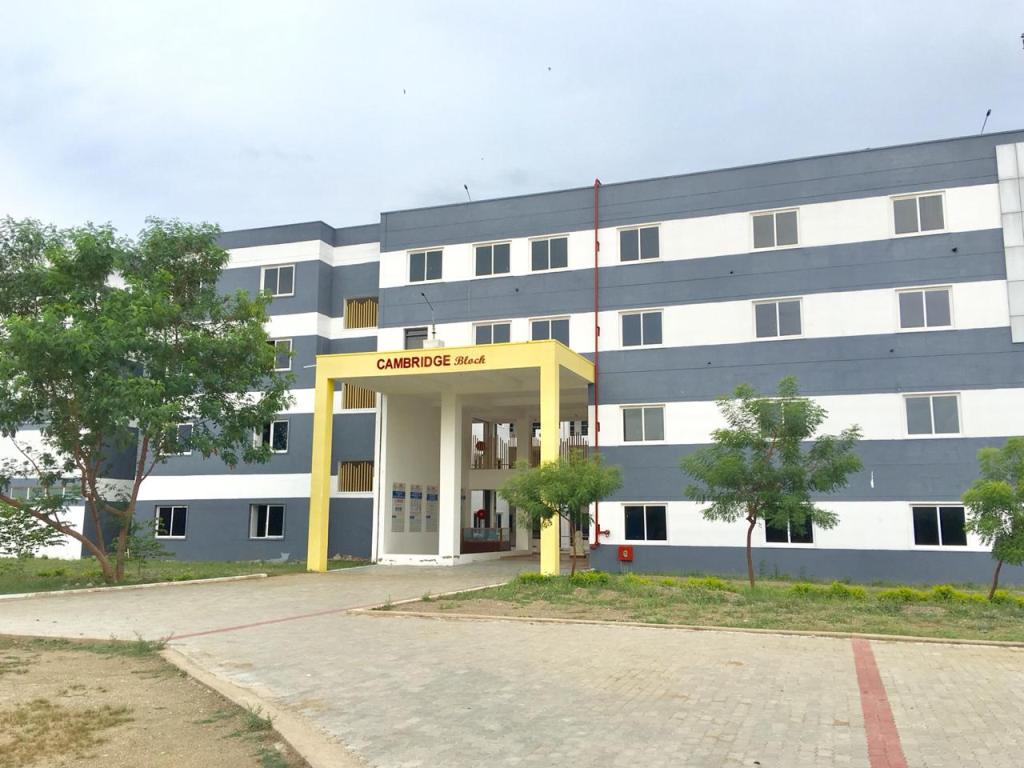Program Specific Outcomes (PSOs)
-
1
Ability to apply the fundamental knowledge to identify and solve electrical engineering problems in electrical drives, embedded systems, power systems and control engineering.
-
2
Ability to apply the acquired engineering knowledge for the planning, analysis, design and implementation of hardware systems with due consideration of electrical safety and eco-friendliness.
-
3
Ability to demonstrate technical competency and provide cost- effective solution for real life/societal problems through the knowledge acquired in science and engineering, leading to a successful career in industry/ research.
Program Educational Objectives (PEOs)
-
1
Excel in career as an eminent electrical engineering professional.
-
2
Effectively utilize their technical and managerial skills for the solution of electrical engineering problems.
-
3
Engage in professional activities, commit to team work and continuously update themselves to adapt changing global technological environment.
Program Outcomes
| PO-1 | Engineering knowledge: Apply the knowledge of mathematics, science, engineering fundamentals, and engineering specialization to the solution of complex engineering problems. |
| PO-2 | Problem analysis: Identify, formulate, research literature, and analyze engineering problems to arrive at substantiated conclusions using first principles of mathematics, natural, and engineering sciences. |
| PO-3 | Design/development of solutions: Design solutions for complex engineering problems and design system components, processes to meet the specifications with consideration for the public health and safety, and the cultural, societal, and environmental considerations. |
| PO-4 | Conduct investigations of complex problems: Use research-based knowledge including design of experiments, analysis and interpretation of data, and synthesis of the information to provide valid conclusions. |
| PO-5 | Modern tool usage: Create, select, and apply appropriate techniques, resources, and modern engineering and IT tools including prediction and modeling to complex engineering activities with an understanding of the limitations. |
| PO-6 | The engineer and society: Apply reasoning informed by the contextual knowledge to assess societal, health, safety, legal, and cultural issues and the consequent responsibilities relevant to the professional engineering practice. |
| PO-7 | Environment and sustainability: Understand the impact of the professional engineering solutions in societal and environmental contexts, and demonstrate the knowledge of, and need for sustainable development. |
| PO-8 | Ethics: Apply ethical principles and commit to professional ethics and responsibilities and norms of the engineering practice. |
| PO-9 | Individual and team work: Function effectively as an individual, and as a member or leader in teams, and in multidisciplinary settings. |
| PO-10 | Communication: Communicate effectively with the engineering community and with society at large. Be able to comprehend and write effective reports documentation. Make effective presentations, and give and receive clear instructions. |
| PO-11 | Project management and finance: Demonstrate knowledge and understanding of engineering and management principles and apply these to one’s own work, as a member and leader in a team. Manage projects in multidisciplinary environments. |
| PO-12 | Life-long learning: Recognize the need for, and have the preparation and ability to engage in independent and life-long learning in the broadest context of technological change. |





